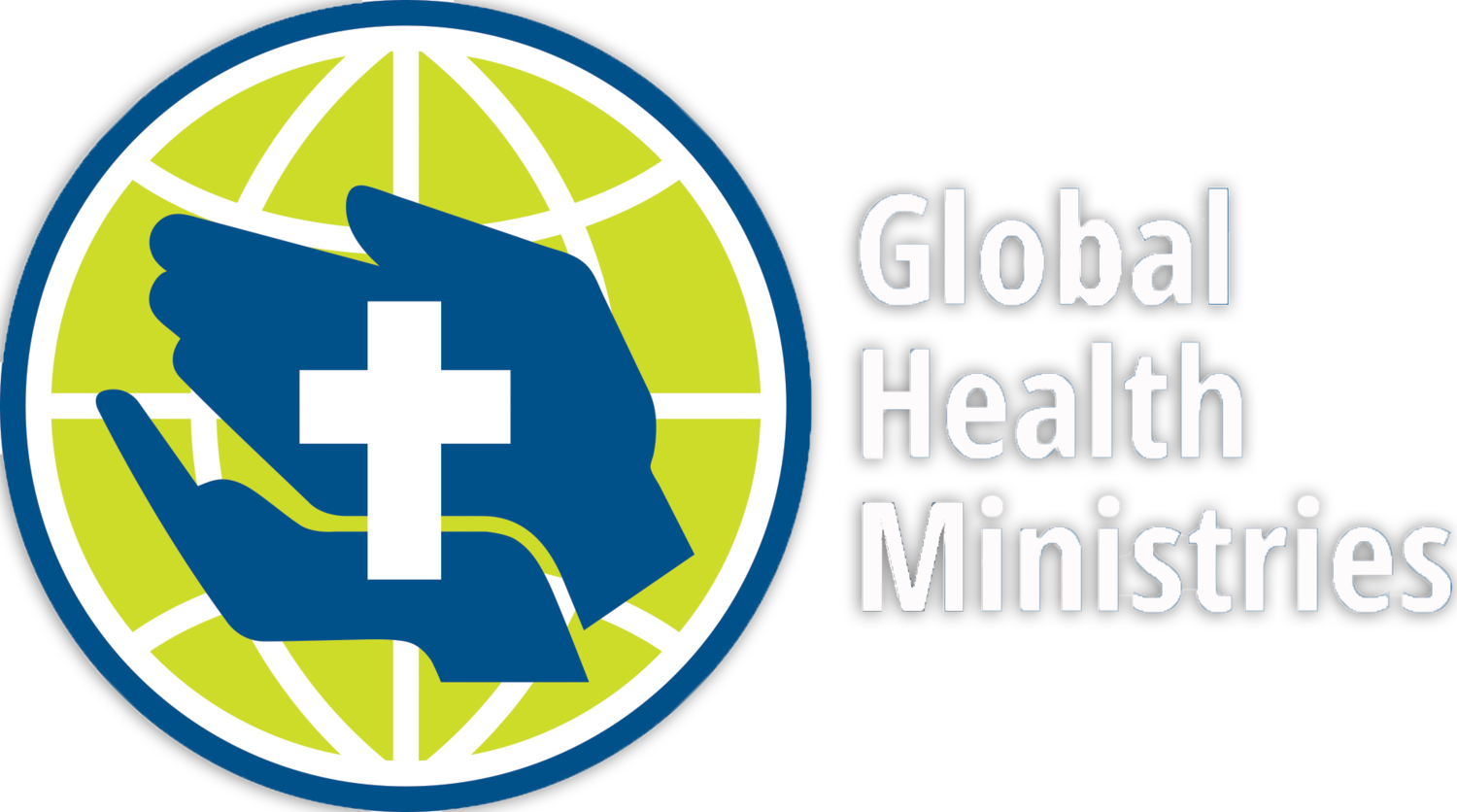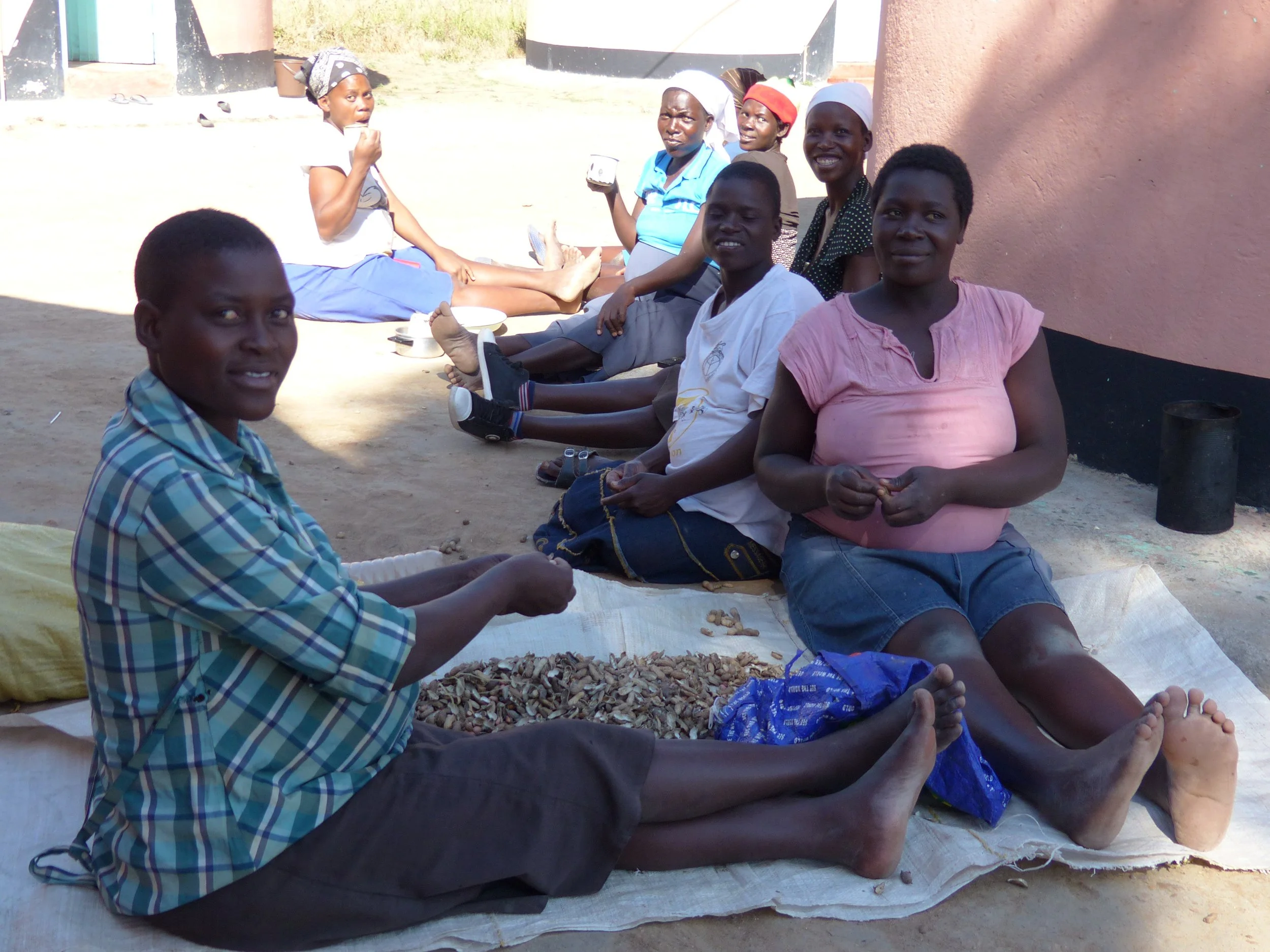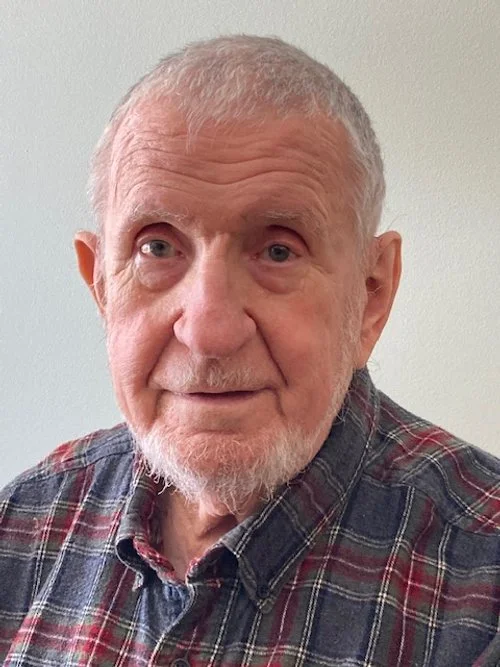I Am Well If You Are Well
One day while teaching in Zimbabwe, I met a friend and asked, “How are you today?” I got this unexpected answer, “I am well if you are well.” Taken aback, I first found his response rather strange, but later I found it to be quite amazing.
Is wellness communal? Do both of us need to be well in order for one of us to be well? I learned that “I am well if you are well” is a practice of “Ubuntu”—the African philosophy that teaches my state of being is conditioned by the state of being of the other. What a good idea, I thought.
How different it was from the time I was summoned home from Africa because my daughter was in the hospital with a life-threating illness. I rushed to the hospital to see her, but quite soon, a hardly typical American nurse told me I had to leave since visiting hours were over. When I demurred, the nurse said my daughter would have to learn to “get well alone.” (As soon as the nurse had gone, I snuck back into her room and spent the night with my daughter.) Other nurses to whom I related this encounter were flabbergasted and apologetic.
Conversely, one of my students described a Hmong refugee family who finally succeeded in getting the family patriarch to seek the help of Western medicine, more or less convincing him that there was something available in this strange clinical atmosphere that traditional medicine could not provide. But when he arrived at the hospital, he was accompanied by twenty-three members of his family. None of them assumed that he (or anyone else) could get well alone.
Back to Zimbabwe: Though less than 5% of the population in Zimbabwe are Lutherans, when students and I visited rural communities, we were greeted heartily because they had been helped by Lutheran World Relief and Lutheran Development Service in Zimbabwe.
On one occasion, the villagers slaughtered a goat to feed us. Had I known they were going to do that, I might have said it was too much, though they probably would have gone ahead anyway. It actually became a celebration of “ubuntu,” uniting them and us in friendship and appreciation of our common humanity.
Thinking about that, I realized their gift to us was something like the “widow’s mite” in Jesus’ story about a crowd making an offering at the temple: “Many rich people put in large sums. A poor widow came and put in two small copper coins, which are worth a penny. Then he called his disciples and said to them, ‘Truly I tell you, this poor widow has put in more than all those who are contributing to the treasury. For all of them have contributed out of their abundance, but she out of her poverty has put in everything she had, all she had to live on’” (Mark 12:41-44). I realized that the villagers were the “widow” and in their eyes most of us were the “rich.”
In Jesus’s story the “rich people put in large sums.” So how should we respond? Well, those of us who are able might make donations to the “widows” of the world wherever they might be.
A question: Is it possible to interconnect with people who are strangers? Since Gaiser means “goatherd,” we often use ELCA Good Gifts to buy goats for whomever or wherever. We never know who that might be. And, of course, they have no idea about the financial origins of the goats. Still, we are unknowingly connected. We are happy to have the opportunity to buy goats, and I have no doubt that the unknown recipients are happy to get them.
It occurred to me as an Old Testament teacher that this notion of “I am well if you are well” is very much like Isaiah 58:7-8:
“If you pour out your soul (self) to the hungry and satisfy the soul (self) of the afflicted…The Lord will guide you continually and satisfy your soul (self) in parched places.” [My translation]
In other words, as you give yourself to others, God gives yourself to you. You find yourself in giving it away, just as Jesus said: “Those who find their life will lose it, and those who lose their life for my sake will find it” (Matt 10:39).
One more thing: Can we interact with those in need throughout the entire world? Though it may sound impossible, the answer is yes. Global Health Ministries is one of many agencies that allow us to do just that.
We already know this, of course, so what else can we do? Donate ourselves obviously, but also use our voices, hands and feet to help “the hands that heal” around the globe. To be sure, it remains true that “I am well if you are well.”
Fred Gaiser
Fred Gaiser is Professor Emeritus of Old Testament and Editor Emeritus of the journal Word & World at Luther Seminary in St Paul.
He is the author of the book Healing in the Bible.
At the seminary he was Director of the Luther Seminary in Zimbabwe program. He has taught often in Zimbabwe and other African countries.


